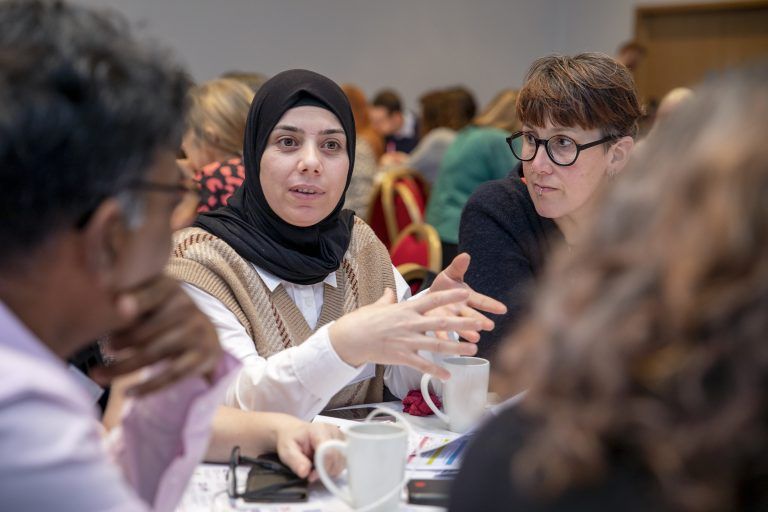Through Faithful Welcome, Faith in Community Scotland (FiCS) and Scottish Faiths Action for Refugees (SFAR) worked in partnership with local faith groups in Glasgow and other parts of Scotland. Faith groups were be empowered and equipped to actively involve refugees and asylum seekers in community life and to play a key role in two-way integration. Ultimately, this contributed to refugees and asylum seekers being an integral part of community life, with strong social connections, leading fulfilling lives and being confident about using their own gifts and skills to contribute to community life, as well as having their needs met. The project managed to:
- Scope existing work by faith groups working with refugees and asylum seekers, and identify gaps and support needs.
- Provide education and awareness-raising about the issues facing people in the asylum system amongst faith groups not yet involved.
- Provide capacity building for faith groups establishing new work or developing existing work through the provision of training, funding advice, volunteer exchanges between faith groups, and possibly micro-grants (from Faith in Community Scotland’s resources).
- Share good practice through the production of toolkits and case studies highlighting good practice on integration and the provision of networking opportunities.





